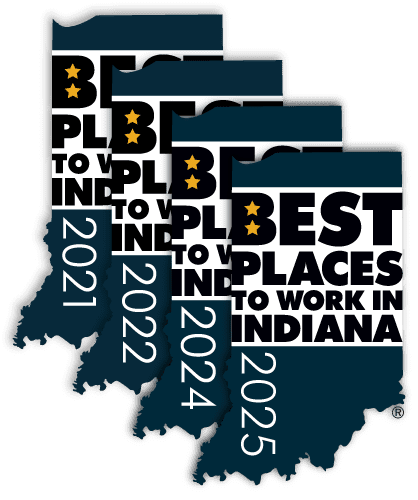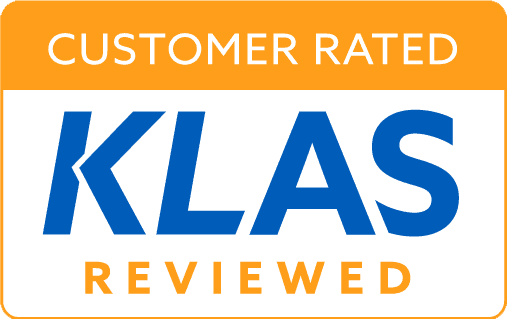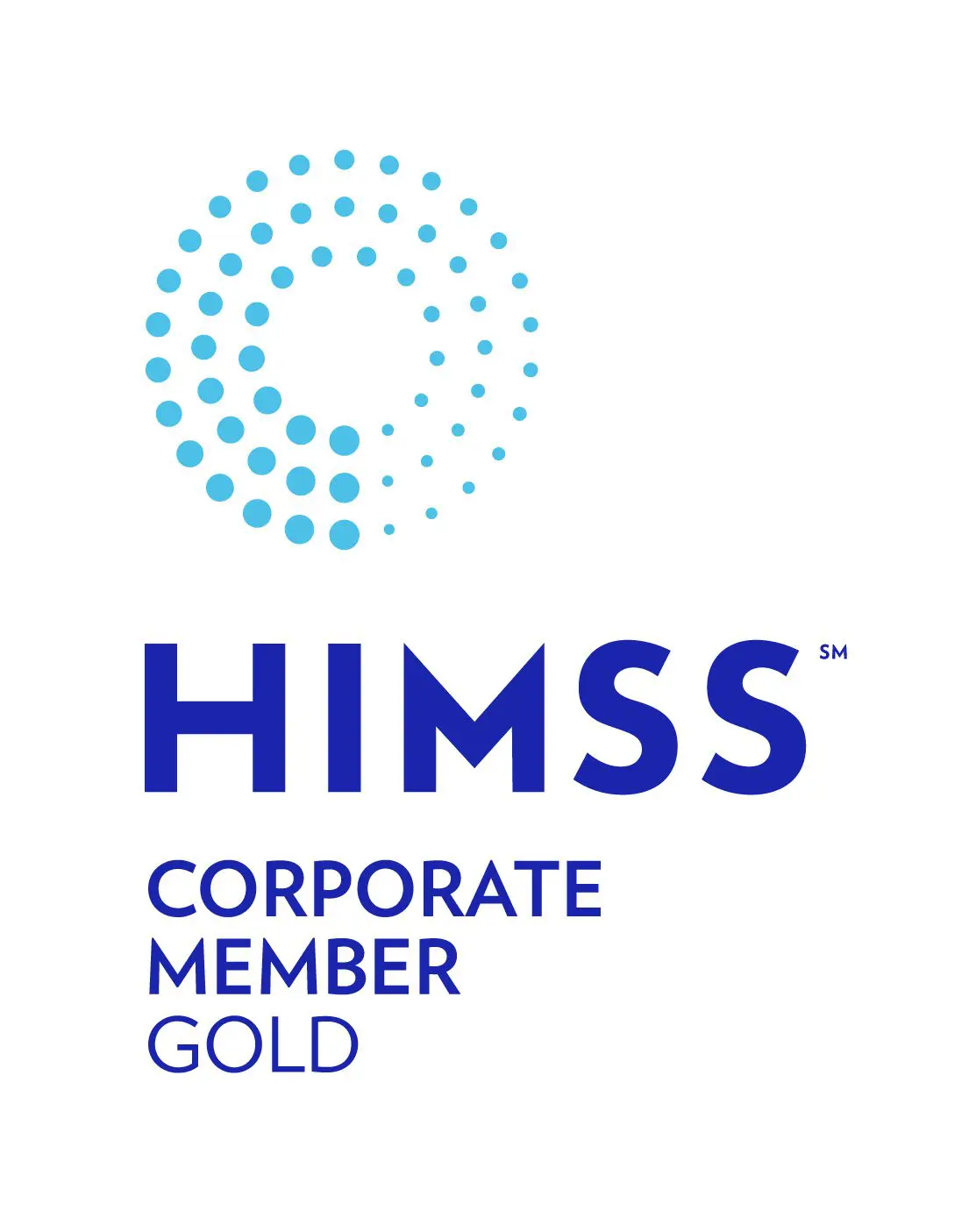
Ireland is playing catch up with other European Union (EU) countries in developing a national shared platform for electronic health records for its 5.26 million people. The bigger story is Ireland has room to grow across all health IT metrics. As of 2024, all EU Member States, except Ireland offer patients access to electronic health data through an online portal. Ireland currently has an overall eHealth maturity score of 11 percent, with 79 percent being the EU average.
A new initiative called Digital for Care: A Digital Health Framework for Ireland 2024-2030 has a near-term goal of launching a patient app that will empower Ireland’s residents with access to their medical history. Next up is a national shared care record, according to the country’s Secretary General of the Department of Health, Robert Wyatt. The shared record will contain basic patient information, as well as details about the patient’s care and visits with providers. These efforts are viewed as a building blocks for the longer-term goal of a national electronic health record (EHR) solution which is needed to comply with the European Health Data Space (EHDS) Regulation.
Ireland, which is about the same size as the state of Indiana, has 86 hospitals (77.9% are publicly administered) with just over 20,000 practicing physicians. There are EHRs in use across the country’s healthcare system, but not one streamlined record platform that is used and shared between primary care, hospitals, labs, patients, etc. The new digital health framework will serve as a roadmap to transform health services in Ireland and improve access for patients. This is in line with efforts already in place with other European countries.
The European Health Data Space (EHDS) aim is to improve the flow and access to health data for patients, providers and researchers across all European Union countries. This includes a single market for EHRs and an efficient system for using and reusing health data for research, innovation, policy-making and regulatory activities. These efforts come with data management obstacles.
What are the health data management obstacles in Ireland?
About 30 percent of Ireland’s healthcare budget is allocated to managing data, yet there are hurdles to ensure that data is accessible and sharable. Four primary challenges include:
- Patient access. Ireland’s health IT programs have not meaningfully addressed patient access. Currently, less than 19 percent of the population in Ireland has online access to their records. There is one large private hospital group that provides patients with access through a mobile app. While a national effort for records along with an ePharmacy program that will deliver prescriptions to patients is in the works, further investments and technology solutions will be needed to offer comprehensive patient access.
- Interoperability. Integrating and sharing health data across multiple providers is a global healthcare challenge. In Ireland, not having interoperability options in place can lead to missed information, repeated tests and other issues that affect patient care. This lack of information flow also can prevent data being available for medical research and other innovations.
- Data security. Confidentiality and security of patient data is vital. The major cyber-attack on the Health Service Executive (HSE) in 2021 caused widespread disruption and signaled the need for increased cybersecurity efforts. With health data breaches at an all time high and a 60 percent increase in recent phishing attacks in Ireland, security must remain a priority. The EU also has imposed stricter security measures and standards that require healthcare organizations to take appropriate security measures and report serious incidents to authorities.
- Standardization. There are a wide range of EHRs in use across Ireland. This includes outdated or custom systems that aren’t equipped to use modern data standards like FHIR and HL7. Challenges remain as there are so many variables and differences between systems that impede the goal of working together.
What are the record retention and destruction policies in Ireland?
Generally, record retention guidelines in Ireland span from a few years to the lifetime of the patient plus eight years after the last treatment of death for many types of records. The HSE National Records Retention Policy provides guidance about how to manage and how long to keep each type of record.
Record destruction in Ireland also is governed by the HSE with its Information Classification and Handling Policy. Clinical records may be transferred to the National Archives if they have archival value or disposed of according to specific guidelines. The National Archives primarily holds the records when a hospital closes or when a third party manages long-term access to the records.
Ireland’s Health Information Bill of 2024 calls for a priority for digital health records.
A new Health Information Bill supports digital health improvements in Ireland. The focus on creating a digital health record is a priority. The new bill outlines:
- A duty to share health information for patient care and treatment.
- Establishing a Digital Health Record for all patients in Ireland that will contain a patient summary, prescriptions (including which ones were dispensed), medical images (scans and X-rays), medical test results and discharge reports.
- Greater patient access to their own health information.
- Greater protections around health information for primary care use (care and treatment).
- Better health information for the HSE for public-interest purposes.
Harmony Healthcare IT solutions provide options for Ireland’s digital transformation strategy.
As healthcare teams in Ireland move forward with efforts toward a comprehensive national EHR, there will be applications that will be retired with the data needed to meet retention requirements.
That is where we come in.
Our team at Harmony Healthcare IT helps healthcare organizations move and store patient, employee, and business records. We have broad and deep experience with more than 550 unique clinical, financial, and business software applications.
We extract the data from legacy systems, migrate and consolidate it in a relational archive database which keeps it accessible, usable, secure and interoperable for years to come.
Our team supports healthcare teams of all sizes securely manage legacy health records. Our ETL Environment, HealthData Platform™, Data Center and Workstations have earned certified status from HITRUST, the global standard for security and data protection.
We help organizations:
- Create a Legacy Health Data Management Strategy
- Create and work with a Governance Team
- Make sure you know what you have with a System Inventory Tool
- Review lifecycle data management needs with a legacy health data management checklist
- Support the process of Choosing an Archive Vendor Partner
- Develop an ongoing application rationalization and archiving process
We recently earned all A’s in the KLAS Data Archiving 2024 Report across the six customer experience pillars of culture, loyalty, operations, product, relationship and value. Further, we ranked as a standout for archiving some of the most complex and large clinical and financial software systems on the market.
We know that with properly maintained health data, healthcare provider organizations in Ireland can ensure data accessibility, compliance, interoperability, integration, patient safety and long-term data protection.
We look forward to an opportunity to support the digital health transformation in Ireland.






